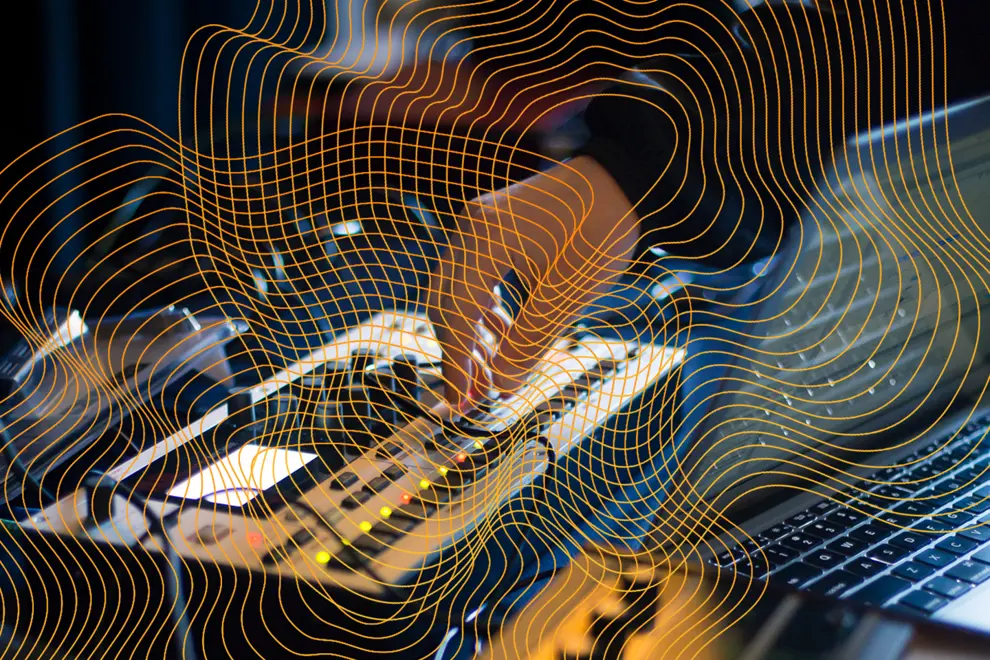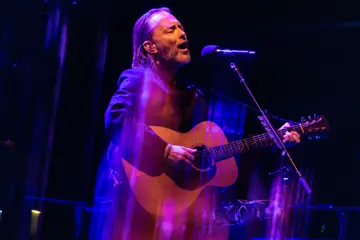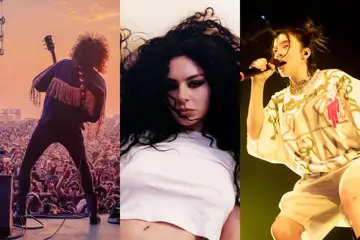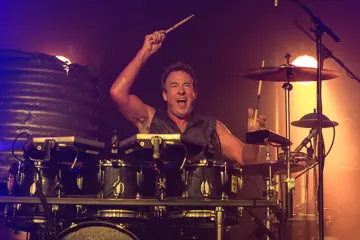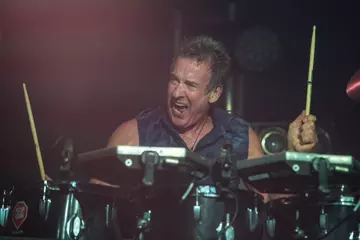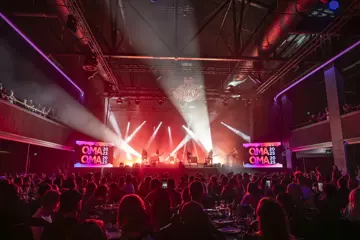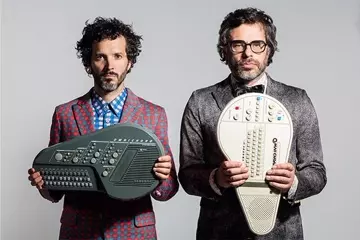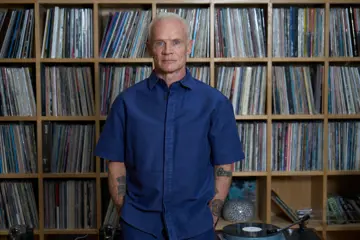APRA AMCOS, a key business partner to Australasian music creators, has shared a damning report into the “potentially devastating impact” of AI in music.
The largest study on the subject conducted in the region, the AI and Music report, was conducted by Berlin-based consultation and research group Goldmedia GmbH. Earlier this year, the report collected responses from more than 4,200 APRA AMCOS members in Australia, New Zealand, and overseas, including songwriters, composers, and music publishers.
Perhaps the most concerning element of the study was that, by 2028, 23% of music creators’ revenues will be at risk because of generative AI. In terms of revenue, that cumulative total damage is estimated to be over half a billion dollars: $519 million.
82% of APRA AMCOS music creators expressed concerns about the use of AI in music, stating that the technology could prevent them from making a living from their art.
The report also addressed an under-discussed part of the AI in music debate—cultural appropriation—with 89% of Aboriginal and Torres Strait Island music creators pointing out that they believe AI will lead to an increase in cultural appropriation.
In addition to those statistics, 97% of people surveyed demanded that policymakers pay more attention to the growing challenges of AI and copyright.
Despite the damning figures, 54% of music creators surveyed believe that AI technology can assist the “human creative process,” with songwriters and composers in Australia and New Zealand being some of the earliest adopters of the burgeoning technology. 38% of participants responded that they already utilise AI in their work.
Don't miss a beat with our FREE daily newsletter
While some music creators see the advantages of AI in music, 65% of those surveyed said that the risks of AI could outweigh its possible opportunities.
Music industry heroes, including Bernard Fanning, Clare Bowditch, Jimmy Barnes, Julian Hamilton, Kate Miller-Heidke, Missy Higgins, Peter Garrett, Tina Arena, and many more, lent their voices to the report.
Dean Ormston, the CEO of APRA AMCOS, said that the music industry is witnessing the “equivalent of a fast-tracked industrial revolution.”
Ormston explained, “Global forecasts relating to generative AI (Gen AI) wealth generation by 2030 are astronomical, yet no major Large Language Model (LLM) platform or Gen AI service has asked for consent or paid for the data used to train platforms and drive Gen AI outputs.”
Pointing out that the survey results show artists being innovative and embracing new technology, Ormston believes that the government needs to implement “regulation and policy” to ensure that music creators are given “adequate credit, consent and fair remuneration for any works being used in AI platforms.”
Ormston continued, “If the use of AI is unregulated and unlicensed, it will be economically devastating. Creators pour their hearts and souls into their work, yet they’re facing a reality of seeing their creations exploited by AI platforms.
“We urge the Australian and New Zealand Governments to implement EU-style transparency guidelines on tech companies now to disclose the content that has been copied and used without permission to build AI platforms, with sanctions for non-disclosure. Without this, our industry is facing a very bleak future.”
Addressing the issue of AI and cultural appropriation, Leah Flanagan, the Director of NATSIMO, said: “The rise of AI technology poses significant threats to the cultural and economic wellbeing of all Indigenous communities.
“Due to the unique nature and cultural significance of ICIP, AI's effects on this vulnerable sector are profound. Government focus has addressed unauthorised use of ICIP in arts and crafts, particularly in mass-produced items, but it’s crucial that this focus urgently expands to encompass all fields of Aboriginal and Torres Strait Island cultural creation.”
You can read the full report here.

